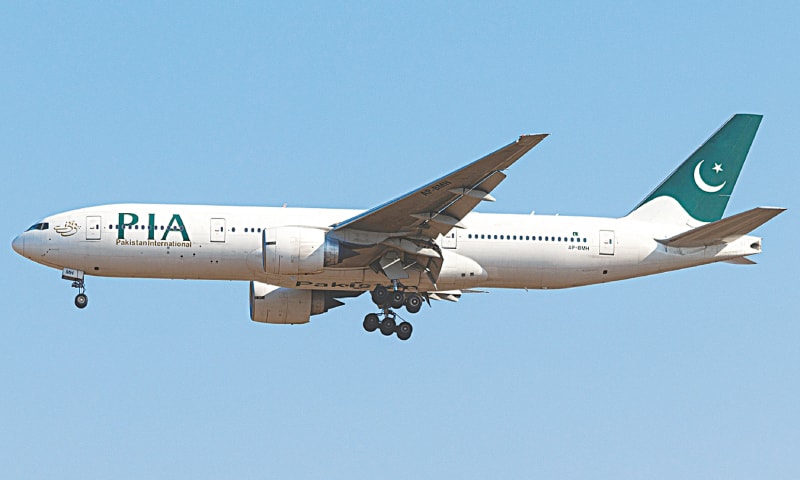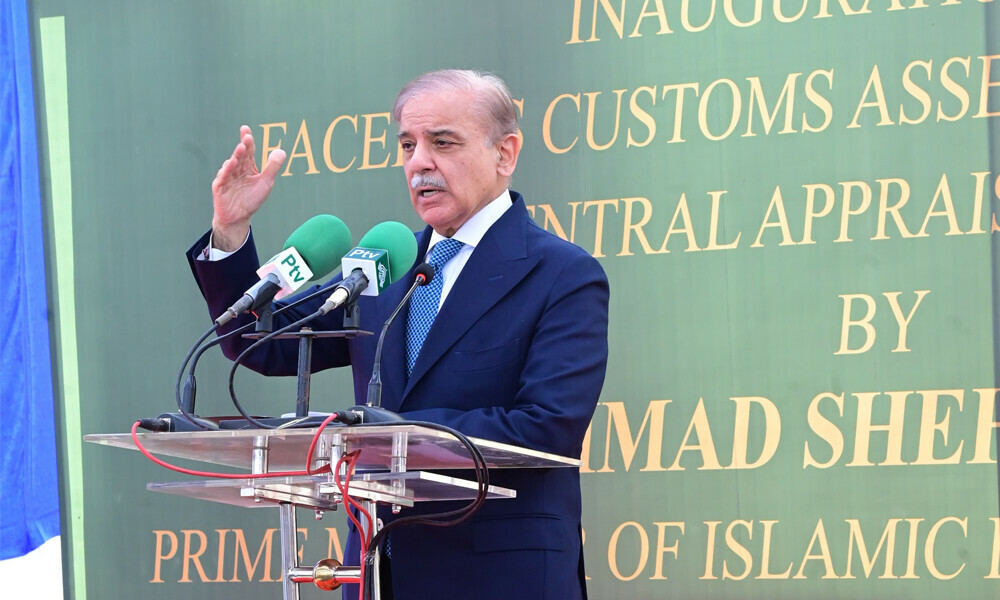PTBP Web Desk
The Privatisation Commission of Pakistan has announced plans to publish an Expression of Interest (EOI) for the privatisation of Pakistan International Airline Company Limited (PIACL) by the end of January. This move is part of a broader initiative by the federal government to divest from state-owned enterprises, aiming to streamline operations and reduce fiscal deficits.
The decision to privatise PIACL was green-lighted by the Cabinet Committee on Privatisation (CCoP) on November 14, 2024, with subsequent ratification by the federal cabinet on December 2, 2024. A committee, specially constituted by the CCoP, has been working on the details of this privatisation, expected to send its recommendations back to the CCoP for final approval. The EOI’s publication is eagerly anticipated as it marks the first formal step in inviting potential investors to express their interest in acquiring this national carrier.
The International Monetary Fund (IMF) was consulted regarding critical bidder questions in November and December 2024, with their consent obtained by the end of December, paving the way for a transparent and internationally compliant privatisation process.
Parallel to the PIACL proceedings, the privatisation of the House Building Finance Corporation (HBFC) is also at an advanced stage. The federal cabinet, back on July 26, 2023, decided to proceed with a single-source, negotiated transaction with Pakistan Mortgage Refinance Company Limited (PMRCL). This decision was made after a series of interest from four parties, although only PMRCL remained a viable option due to various constraints including regulatory non-compliance by other bidders.
The share purchase agreement between HBFC and PMRCL is currently in the final stages, indicating a significant step towards completing this long-pending privatisation. HBFC has been on the active privatisation list since 2018, highlighting the government’s persistent effort to streamline its financial sector entities.
The government has set an ambitious target of collecting Rs30 billion through privatisation proceeds in the fiscal year 2024-25, which includes not only PIACL and HBFC but also extends to 25 state-owned entities. Among these are high-profile assets like the Roosevelt Hotel, First Women Bank, Utility Stores Corporation, and several power distribution companies. This widespread privatisation drive is aimed at enhancing efficiency, attracting foreign investment, and reducing the fiscal burden on the state.
The journey towards privatisation, while promising in terms of economic benefits, is not devoid of challenges. Ensuring transparency, managing public sentiment, and maintaining the strategic interests of the nation are pivotal. The involvement of international bodies like the IMF in the process underscores the need for international standards in executing these transactions.




